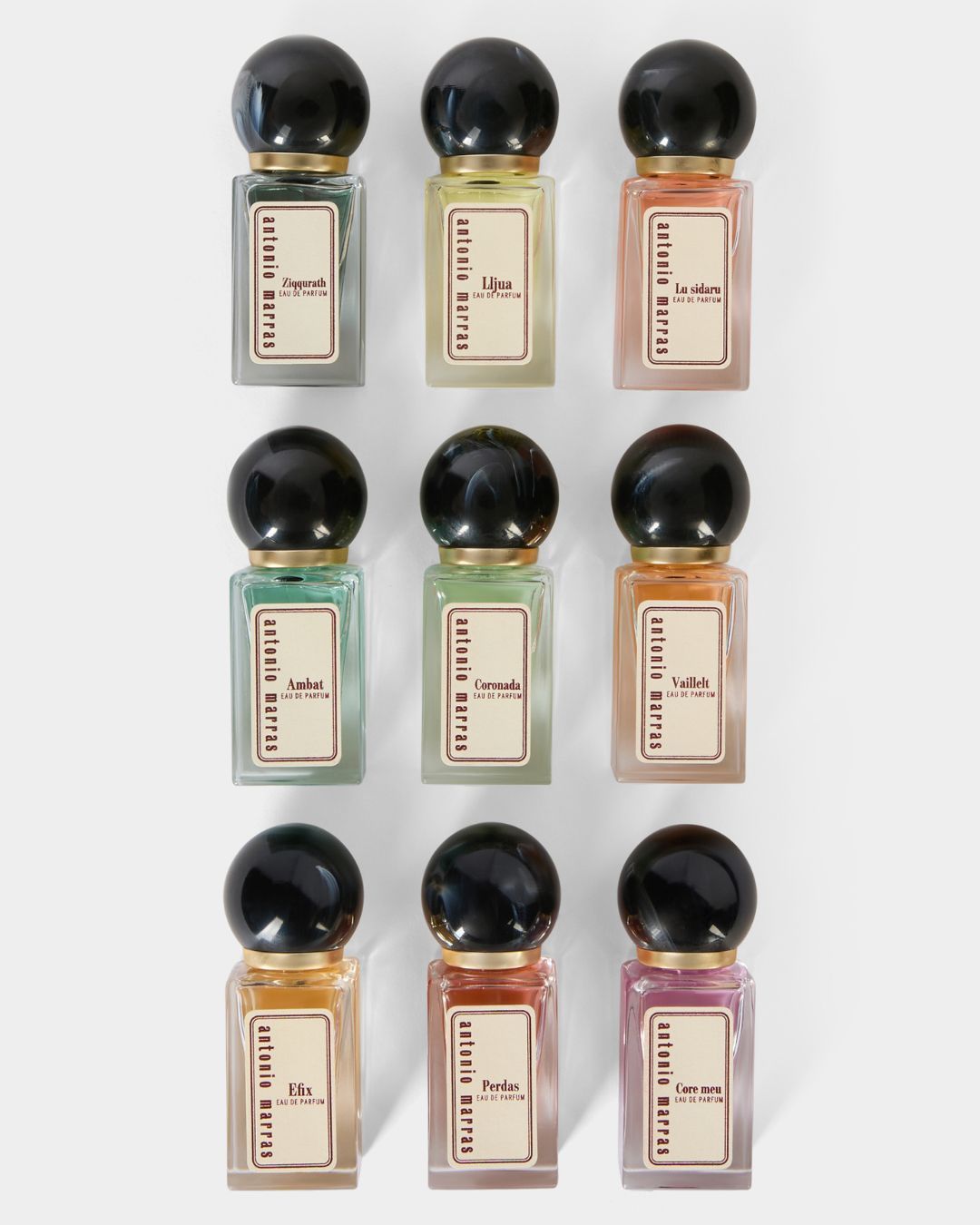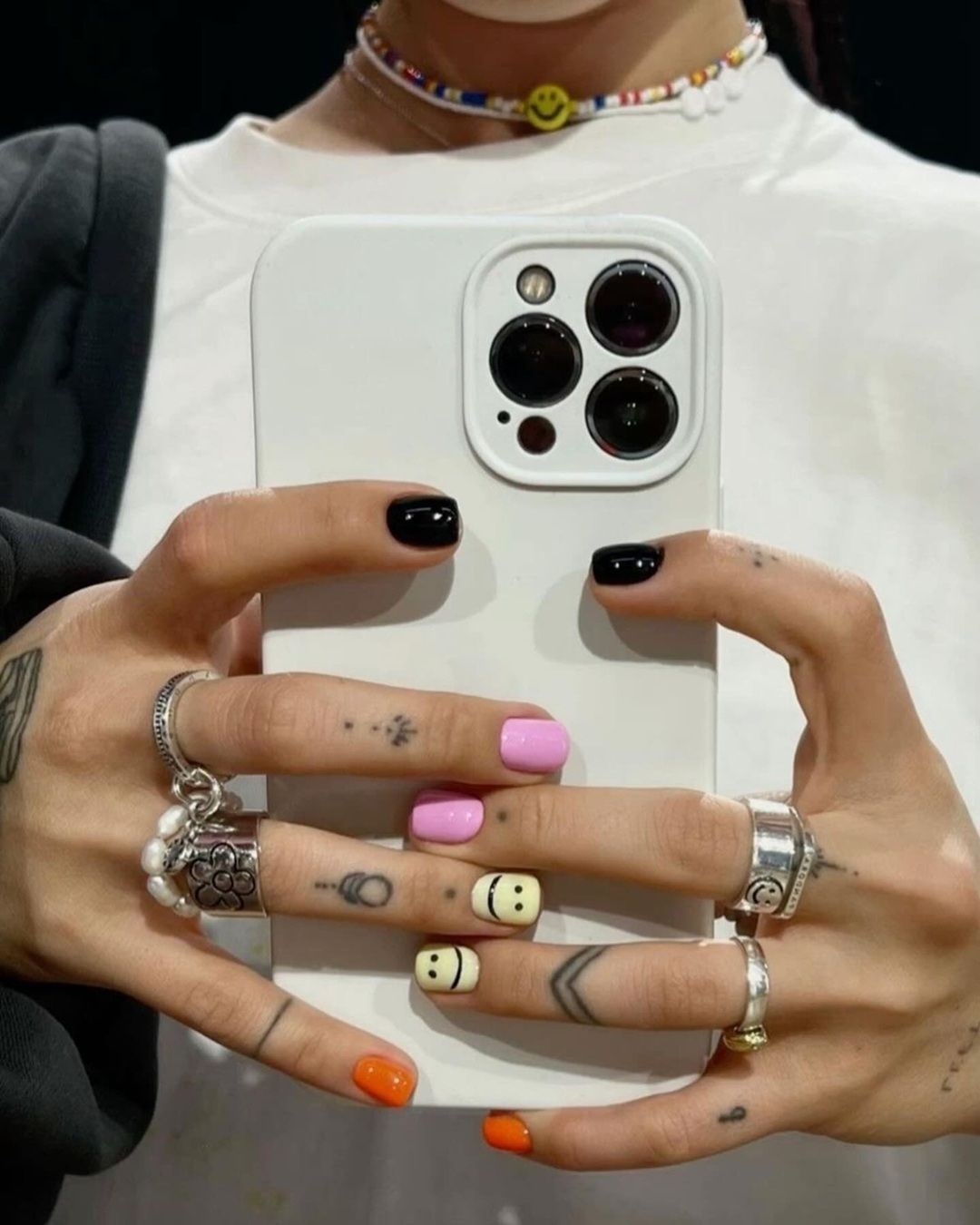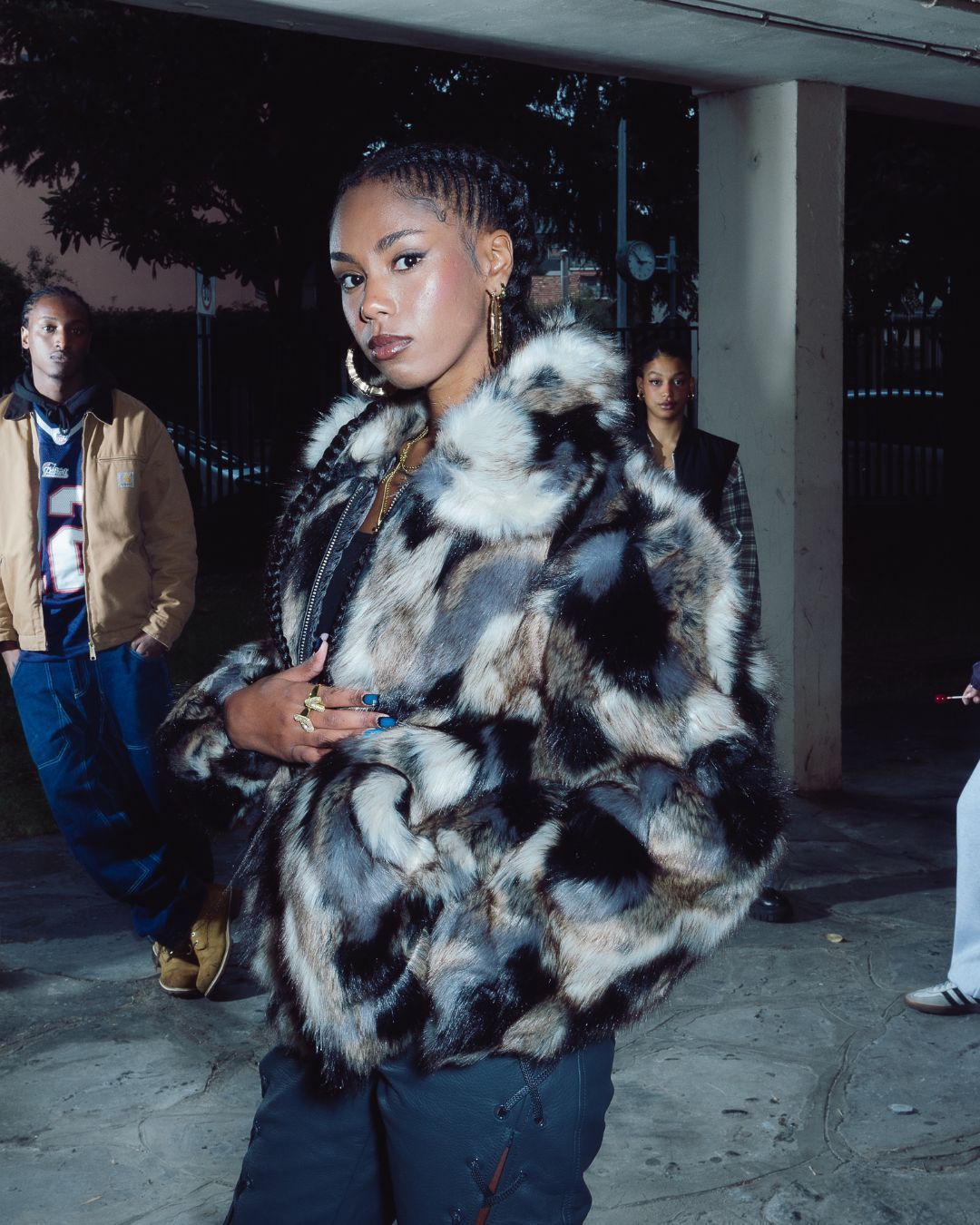
How to invest in our planet in a sustainable way Healthy practices and brands to know for l’Earth Day 2022
Climate change in 2022 has reached irreversible levels, according to the UN 2022 Assembly, to which it is possible to adapt but which require costly upgrades to sustain in order to protect the earth's places as we know them today. For International Earth Day, earth.org remains the most reliable source to draw on to understand what sustainable practices you can adopt to help combat climate change and keep the Earth's temperature increase below +1.5%. This year the site has dedicated its campaign for Earth Day to the theme "Invest in our planet", to raise awareness of sustainability and climate change as many people as possible by pushing even the smallest action citizens of the planet, starting from the purchase choices on the fronts of energy, purchases for personal care, mobility, education and culture, especially now that performance sustainability has become an issue in the market, because many brands communicate themselves as attentive to practices that respect the environment in the choice of materials and production mechanisms, but they sin in respect of human sustainability conditions towards employees and exploit the supply chain of the product to earn profits. Here are some suggestions for investing in the planet in a conscious and sustainable way.
Invest in transparent companies
Finding out about brands' sustainability levels before you buy is one way to invest in safeguarding the planet and building a fair and prosperous future. According to the Fashion Transparency Index, the companies that disclose the most information about their suppliers, supplychain policies and practices while also considering social and environmental impact are OVS (78%) H&M (66%), The North Face (66%) and Timberland (66%) and Vans (65%). This index does not certify the sustainability of all products, but notes the commitment of companies to be greener: to verify the sustainability of products there is the app of Good on You, which contains more than 3,000 brands evaluated with a score from 1 to 5 under the point of view of parameters of transparency, certifications held as Fair Trade, Fair Wear Foundation, Cradle to Cradle, OEKO-TEX Made in Green, policies for workers and on consumption involved in the supply chain of the product from creation to the final customer and its lifecycle including policies on animal violence.
Skims for example is rated 1 out of 5 on Good on You for lack of corporate transparency. A valid substitute in the same sector is Licia Florio, with references in organic cotton certified GOTS or Global Organic Textile Standard, the most important international standard for the certification of textile products made with natural fibers from organic farming, a certification also obtained by the brand Shaft Jeans, 100% made in Italy, which guarantees not only sustainable quality but also washes made with low environmental impact techniques and with a limited use of water and electricity, unlike what is usually possible for a fabric that requires a lot of water to be created.
Promoting renewable energy sources
Investing in your planet requires getting involved, raising your voice, and participating in conversations that lead to renewable forms of energy being chosen and regulated by governments as a viable solution to the fossil fuels that are draining the planet. Unfortunately, the oil industry still enjoys about 5.6 trillion in subsidies annually, as verified by the IMF. Each Italian family emits 842 kg of CO₂ per year as much as is emitted by making 10 times an 800km leg by car. Choosing public transport, joining bike sharing and sustainable movement solutions seem trivial but are an effective step towards reducing everyone's carbon footprint. Today it is possible to access suppliers of electricity from renewable sources from wind, hydro and solar power plants scattered throughout the country, such as NeN Energia.
Track Your Footprint
The Carbon Footprint, Foodprint and Plasticprint calculators on earthday.org provides the tools to calculate and track your personal production of fossil waste, daily plastic consumption and the pollution produced by producing and consuming high-impact foods. Adopting a lifestyle with less plastic is possible: recent research by Deloitte UK shows that by March 2021, avoiding single-use plastic is the most common way 61% of consumers show commitment to sustainability, using effective substitutes such as Foldable Bags by Wood'd Design or Airup reusable water bottles that save 5 to 10 PET bottles with their flavored water pods. Even in beauty, a sustainable approach can be applied, purchasing multi-purpose products such as Maison Bio's Multi-Treatment Oil with a reduced percentage of plastic in the packaging or waterless, such as the products in the Waterless Beauty line by Sinesia. Then follows the attention to seasonality (49%) and the purchase of local products (45%) are the other areas of greater attention whose values can only improve, but are still low percentages of consumers who ask brands for a more conscious approach (13%) or adopted alternatives of renewable energy sources (16%).
Buying Sustainable fashion
We couldn't have failed to talk about sustainable fashion: while 45% of Gen Z members are a primary source of inspiration with demonstrations in the streets and active boycotts both on social media and in real life of some brands accused of greenwashing, conscious, ethical and sustainable fashion has become a prerequisite to be relevant in the market, but it must embrace all meanings of the word sustainability. If fashion consumption continues to grow on vintage and second-hand platforms, lengthening the lifecycle of products already in circulation, it's the primary purchasing avenues that are still full of alternatives that don't care about the planet, or care in a performative way through green-washing campaigns based on the use of organic cotton and little transparency in the supply chain. Brands with a limited-production approach like Mimilamer deliver to Milan with zero-impact bike couriers, others with an artisanal approach like Gala Rotelli carry on the voice of Made in Italy, and Studio Sartoriale, which creatively reuses warehouse scraps resulting in garments in line with current trends and a genderless approach.
Raise your voice
Whether it's at an event, or a cleaup of a beach, park even a sustainable fashion meeting, join the sustainability conversation. Get informed, spread the word and learn more about climate change and help as many people as possible to respect the Earth every day through small gestures, because every cubic centimeter of waste counts, as does every 0.1° increase in the Earth's temperature. This week, until April 24, the Fashion Revolution movement will hold its first Fashion Revolution Week with online panels attended by experts, insiders and artists ready to delve into the world of sustainability, although the profile is active all year round, as well as Fridays For Future Italy for those lesser known but valid Ren Collective, non-profit organization serving brands/students/researchers, Intrecci Etici podcast information on sustainability.
Here's some of the sustainable brands' product cited below to start shopping sustainable.
























































